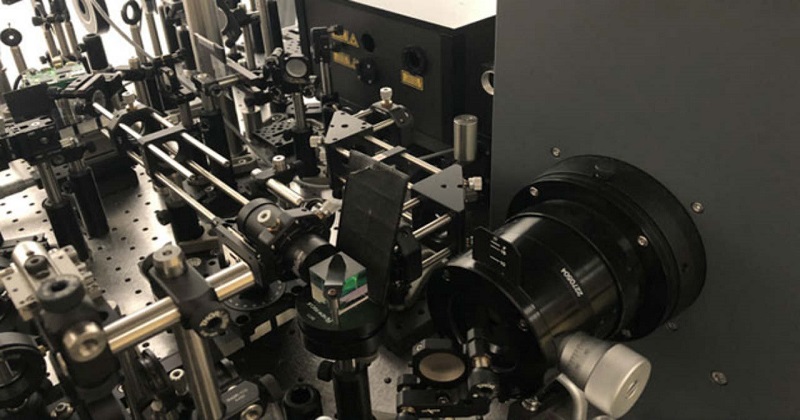
Scientists have developed what may be the world’s fastest camera, which can capture 10 trillion frames per second – making it possible to ‘freeze time’ to see light in extremely slow motion. This also means that it has the capability to freeze time and even light. The advance may offer insight into as-yet undetectable secrets of the interactions between light and matter, according to scientists from California Institute of Technology in the US.
This camera represents a fundamental shift, making it possible to analyse interactions between light and matter at an unparalleled temporal resolution The first time it was used, the ultrafast camera broke new ground by capturing the temporal focusing of a single femtosecond laser pulse in real time This process was recorded in 25 frames taken at an interval of 400 femtoseconds and detailed the light pulse’s shape, intensity, and angle of inclination.
The last time we heard of the world’s fastest camera was in 2014 when a team of biomedical engineers developed a camera that could capture events up to 100 billion frames per second. Then too, it was Lihong Wang, who was the professor of Biomedical Engineering at Washington University in St. Louis at the time. “For the first time, humans can see light pulses on the fly.”

Post Your Comments